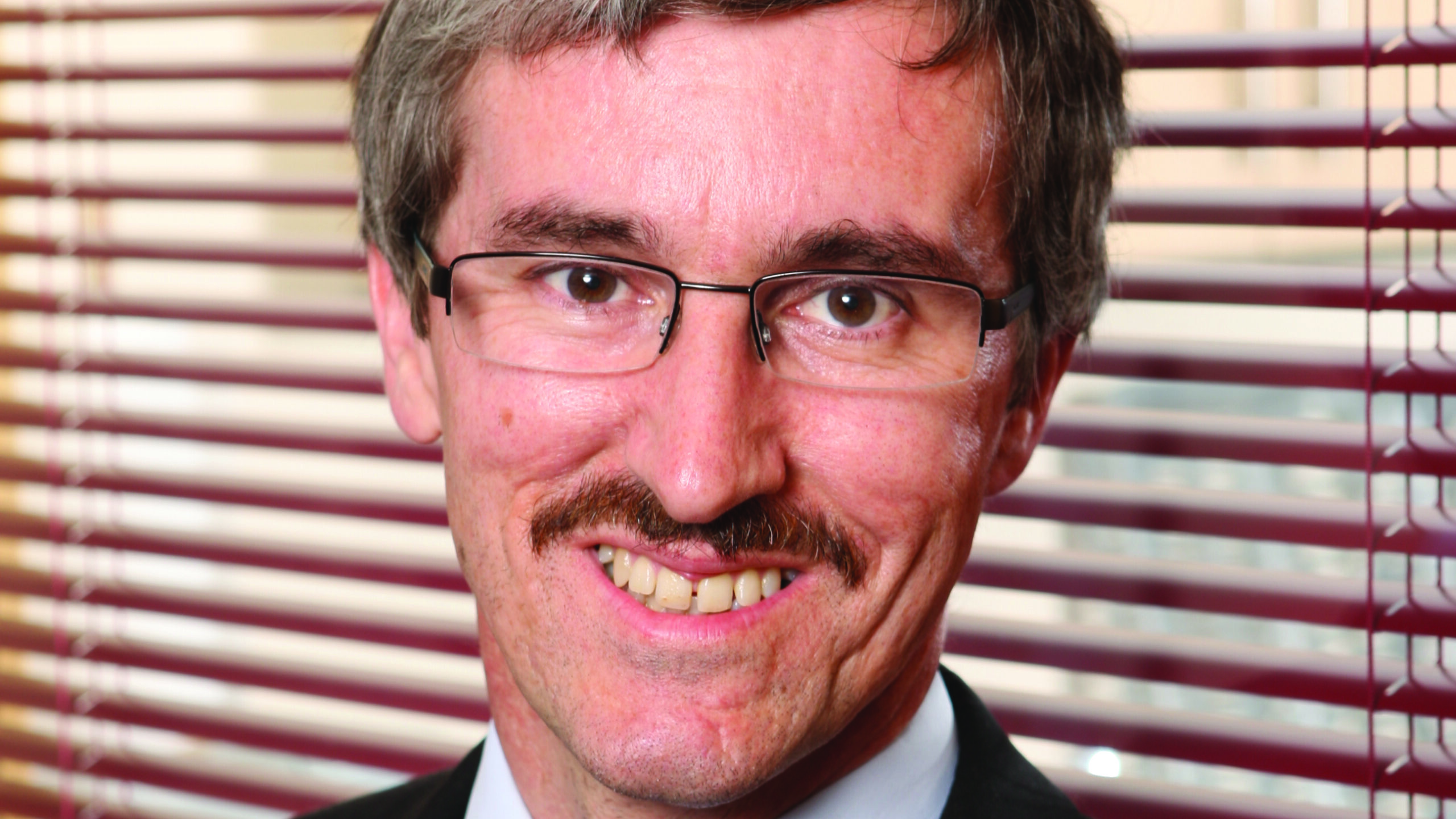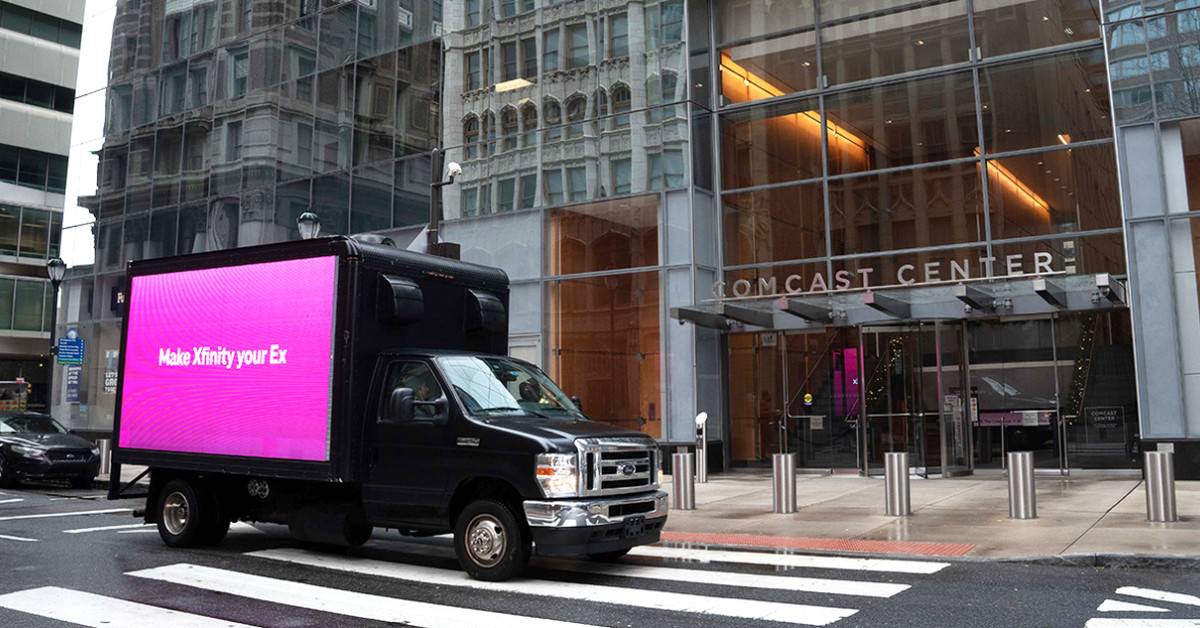#TBT: Ookla buys RootMetrics; 5G comes to Brazil; debating the future of USF … this week in 2021 – RCR Wireless News
Editor’s Note: RCR Wireless News goes all in for “Throwback Thursdays,” tapping into our archives to resuscitate the top headlines from the past. Fire up the time machine, put on those sepia-tinted shades, set the date for #TBT and enjoy the memories!
Brazil gets its first 5G network
Brazilian telecommunications operator Algar Telecom announced that it launched what it claims to be the first commercial 5G network in the country. In a release, the carrier said that the initial 5G service is being offered in parts of Uberlandia, Uberaba and Sao Paulo, with initial coverage reaching some 40 districts in these three cities. Algar said that the 5G service is offered through Non-Standalone technology in the 2.3 GHz band. Algar had carried out demonstrations of 5G technology two weeks ago in Uberaba via an implementation carried out together with Nokia and with a focus on agribusiness. The Minister of Communications, Fábio Faria, had anticipated in his hearing before the Senate last week that Algar would be the first telco to launch 5G services in the country. … Read more
What’s next for Ookla?
There has been a long-running debate in network testing that basically asks, which is better: Highly controlled and repeatable drive- and walk-testing with special test set-ups to get deep RF and chip-level data, which shows what a network is capable of with the latest devices; or crowd-sourced, device-based data that gives a more aggregated but realistic view of the typical user experience under complicated conditions? Ookla’s acquisition of RootMetrics this week provides one answer. “The answer is definitely both. I think it always has been,” says Doug Suttles, CEO, GM and co-founder of Ookla. Then, he adds: “But anyone who doesn’t have the other, will say the opposite.” In a statement on the acquisition, Suttles called Ookla-plus-RootMetrics “the network assessment trifecta of crowd measurement, controlled testing and consumer perception.” In an interview with RCR Wireless News, Suttles says that Ookla’s clients have regularly asked whether it was possible to get some controlled testing in addition to the company’s crowd-based data. He also says that he’s been having conversations with RootMetrics about how to combine crowd-based data with controlled testing for years, but it was “impossible to find common ground where we could do that, as competitors. “So now we’ve solved that problem,” he goes on. “We have the ability to share with each other and figure it all out in the coming years.” Crowd-sourced data is often seen as messy, biased or simply without sufficient controls. Complementing it with controlled testing, Suttles says, will make crowd-sourced data more “bullet-proof.” … Read more
China Mobile looks at Shanghai IPO after NYSE ban
China’s largest telecom carrier, China Mobile, has received the green light to launch an initial public offering (IPO) via the Shanghai Stock Exchange, after the company was removed from the New York Stock Exchange earlier this year due to a ban ordered by former President Donald Trump. China Mobile said in a filing with the Hong Kong Stock Exchange, where it also trades, that it had received approval from the China Securities Regulatory Commission to move ahead with the share sale. The carrier also said it plans to issue 845.7 million shares. Based on the closing price of its Hong Kong-listed stock Monday, the offer would raise the equivalent of around CNY39.16 billion ($5 billion). The telco also said that a price will be set following a roadshow with investors. China International Capital Corp. and Citic Securities Co. are sponsors of China Mobile’s A-share IPO. The main underwriters include Huatai United Securities Co., BOC International (China) Co. and China Merchants Securities Co. In August, China Mobile had filed a preliminary prospectus outlining an intent to raise CNY560 billion for the expansion of its 5G, cloud infrastructure and smart home projects. … Read more
Where do 911 fees go?
Each year for the past 12 years, the Federal Communications Commission has gathered information from states and territories about their 911 fee collection, distribution and general operations and put it together in a report to Congress. Usually published in early December of each year, the most recently available report from 2020 covers the calendar year from January 1- December 31 of 2019. Here are some of the key statistics from the 2020 annual 911 fee report, related to 911 funding around the country for the more than 5,300 Public Safety Answering Points (PSAPs) who answered more than 211.1 million 911 calls during the course of 2019. States and territories reported collecting more than $3 billion in 911/E911 fees during 2019; however, the total estimated cost to provide service in 39 states and four territories was nearly $5.2 billion (not all jurisdictions gave the FCC an estimate of their total service costs). When asked whether 911/E911 fees were combined with other funding sources to provide 911 service, 27 states said they did not, and 12 states plus Guan and Puerto Rico said they relied solely on state 911 fees to cover 911 service costs. … Read more
Verizon preps for C-Band deployment
Verizon says that is has surpassed its goal of deploying 14,000 new 5G Ultra Wideband, or millimeter wave (mmWave), cells sites by the end of 2021. The carrier now provides 5G phone service to parts of 87 U.S. cities, 5G Home to parts of 65 cities and 5G Business Internet to parts of 62 cities. At the 2021 UBS Global TMT Conference earlier this week, CEO Hans Vestberg foreshadowed this latest news, indicating that Verizon has made significant progress across its five “vectors of growth,” and anticipates this trend to continue into next year. “I have to say ’22 is an important year, and we feel really excited about it,” Vestberg said at the conference. Kyle Malady, CTO of Verizon further characterized the carrier’s progress in a more recent statement: “This year our team has nearly doubled its 5G deployment versus the past two years and exceeded the aggressive targets we set at the beginning of the year, even in the face of global supply chain issues, and we’re not stopping. We are on track to deliver our 5G Ultra Wideband service using C Band spectrum to more than 100 million people in the first quarter of 2022.” … Read more
FCC opens a conversation on the future of USF
The Federal Communications Commission has begun a proceeding to figure out the future of the Universal Service Fund, which is funded through a slice of telecom carriers’ revenues that is passed along to consumers through line-item bill charges. Congress directed the agency to start such a proceeding in light of the massive amount of funding being poured into broadband — $65 billion — as a result of the recently passed Infrastructure Act, and ask for input on the implications of that funding on the goals of universal service and on existing programs. The FCC said that it would propose that its goals for “universal service” be defined as “universal deployment, affordability, adoption, availability, and equitable access to broadband throughout the United States.” Among the questions that the agency wants input on: How will the Infrastructure Act impact the high-cost service program, which has typically subsidized the capital cost of deployments in hard-to-serve areas? Should that program be changed to support ongoing operating costs? … Read more
Check out the RCR Wireless News Archives for more stories from the past.



